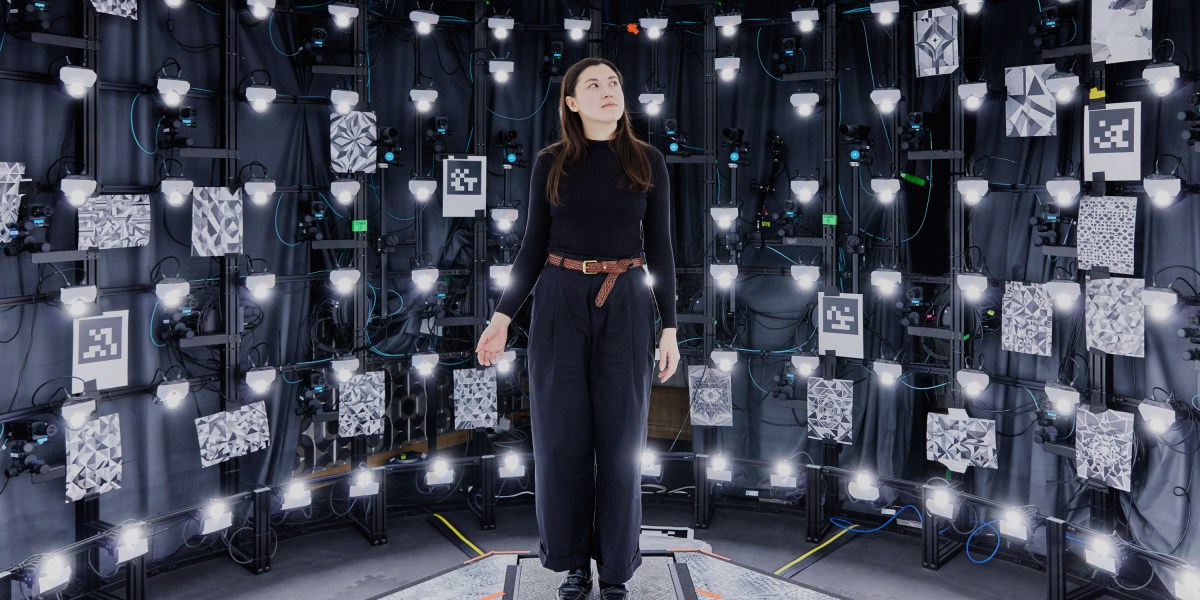Thanks to rapid advancements in generative AI and a glut of training data created by human actors that has been fed into its AI model, Synthesia has been able to produce avatars that are indeed more humanlike and more expressive than their predecessors. The digital clones are better able to match their reactions and intonation to the sentiment of their scripts—acting more upbeat when talking about happy things, for instance, and more serious or sad when talking about unpleasant things. They also do a better job matching facial expressions—the tiny movements that can speak for us without words.
But this technological progress also signals a much larger social and cultural shift. Increasingly, so much of what we see on our screens is generated (or at least tinkered with) by AI, and it is becoming more and more difficult to distinguish what is real from what is not. This threatens our trust in everything we see, which could have very real, very dangerous consequences.
“I think we might just have to say goodbye to finding out about the truth in a quick way,” says Sandra Wachter, a professor at the Oxford Internet Institute, who researches the legal and ethical implications of AI. “The idea that you can just quickly Google something and know what’s fact and what’s fiction—I don’t think it works like that anymore.”



You have to have acted differently at that time in that situation, not at another time in a different situation.
That’s an impossible standard, you can’t act “differently” when you have already acted. That would mean you should be able to make two actions at the same time, It doesn’t make the tiniest bit of sense, and even if we could, it wouldn’t either prove or disprove free will.
But you do have free will to choose your actions, only limited by your physique and kognitive ability. There’s a reason everybody has that feeling, and that is it is true.
The idea that we do NOT have free will, is pure speculation based on arguments from ignorance. It boils down to: “I don’t understand how free will is possible given the physical reality as we understand it”. But just because you don’t understand it, doesn’t mean others don’t either.
The reason that it’s possible seems to me to be that our mind that exist in out brain, is a virtual representation of reality, which means there is an abstraction layer between consciousness and the physical brain.
This is the reason we can understand abstractions at all, which in itself proves that our minds can exceed what is possible in physical reality.
We can think of a waterfall going up, despite that is impossible in reality. We can imagine reverse causality/entropy despite it’s improbable.
This is only possible because we have a consciousness with free will that allow us those things, way beyond what is physical reality.
You didn’t answer that. Probably because that’s impossible.